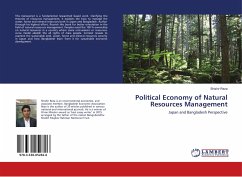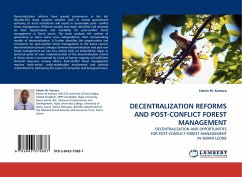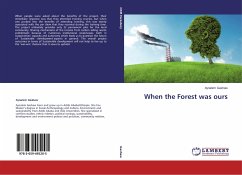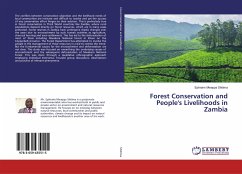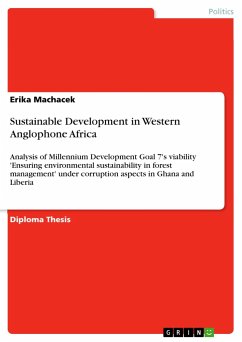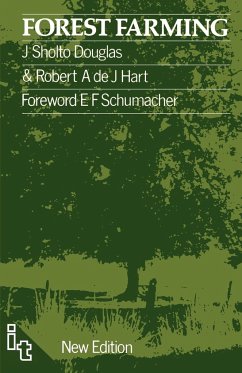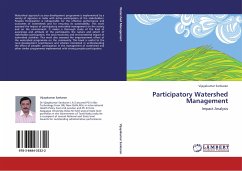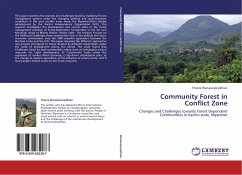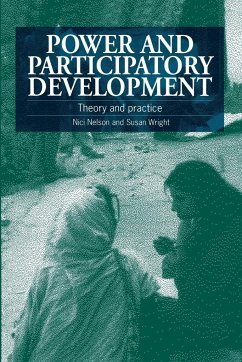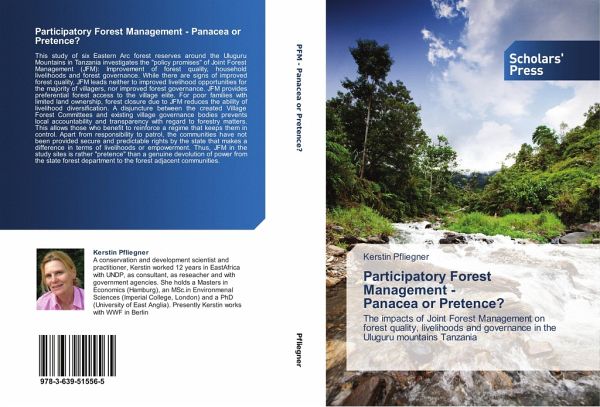
Participatory Forest Management - Panacea or Pretence?
The impacts of Joint Forest Management on forest quality, livelihoods and governance in the Uluguru mountains Tanzania
Versandkostenfrei!
Versandfertig in 6-10 Tagen
49,99 €
inkl. MwSt.

PAYBACK Punkte
25 °P sammeln!
This study of six Eastern Arc forest reserves around the Uluguru Mountains in Tanzania investigates the "policy promises" of Joint Forest Management (JFM): Improvement of forest quality, household livelihoods and forest governance. While there are signs of improved forest quality, JFM leads neither to improved livelihood opportunities for the majority of villagers, nor improved forest governance. JFM provides preferential forest access to the village elite. For poor families with limited land ownership, forest closure due to JFM reduces the ability of livelihood diversification. A disjuncture ...
This study of six Eastern Arc forest reserves around the Uluguru Mountains in Tanzania investigates the "policy promises" of Joint Forest Management (JFM): Improvement of forest quality, household livelihoods and forest governance. While there are signs of improved forest quality, JFM leads neither to improved livelihood opportunities for the majority of villagers, nor improved forest governance. JFM provides preferential forest access to the village elite. For poor families with limited land ownership, forest closure due to JFM reduces the ability of livelihood diversification. A disjuncture between the created Village Forest Committees and existing village governance bodies prevents local accountability and transparency with regard to forestry matters. This allows those who benefit to reinforce a regime that keeps them in control. Apart from responsibility to patrol, the communities have not been provided secure and predictable rights by the state that makes a difference in terms of livelihoods or empowerment. Thus, JFM in the study sites is rather "pretence" than a genuine devolution of power from the state forest department to the forest adjacent communities.



